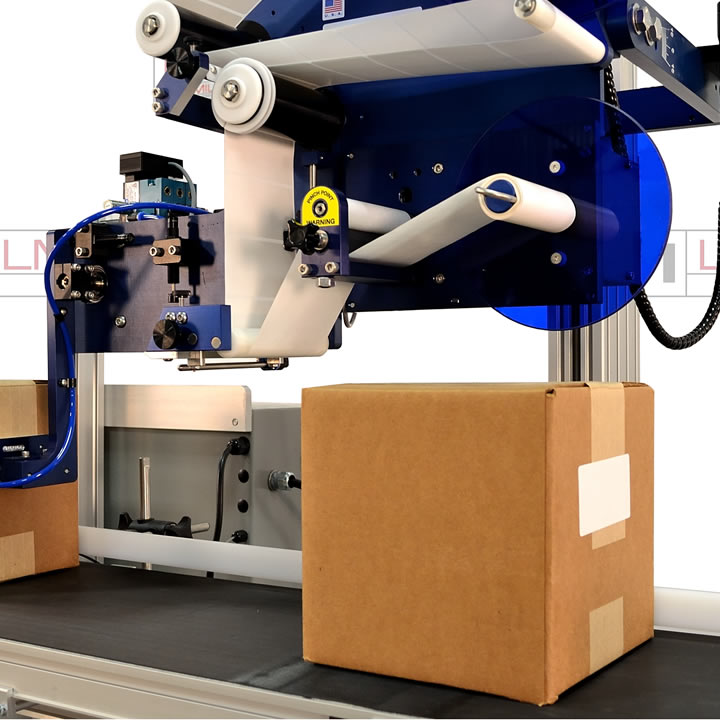Automatic sticker labeling machine manufacturers use the latest technology to make labeling machines that accelerate production.
Combining the best of engineering principles with microprocessing controller components, these machines have redefined labeling processes practiced in the packaging industry.
Hologram sticker labeling machines are one of the specialized and unique solutions used by the pharmaceutical industries, cosmetic industries, and food industries.
Hologram automatic sticker labeling machines
The general purpose of a hologram label is security reasons. A security hologram contains a set of serial numbers or logos. These are difficult to duplicate in counterfeit products therefore brands rely on hologram labels for authenticity.
It also ensures the protection of the original product.
The holographic effect of the material and the artwork printed on the label gives it the name – holographic sticker labels. The holographic sticker is typically made of an iridescent vinyl material such that the design catches the eye and has a rainbow effect.
This is the nature of holographic materials and any print or design has a rainbow-distributed effect.
In the pharmaceutical industry, hologram sticker labels play an important role. They seal the product and act as a mark of authenticity and protect the product from tampering. The material used to produce the holograms is hard or soft aluminum.
Advanced printing techniques are used on these aluminum foils. The uniqueness of the design printed on these aluminum sheets provides the authenticity of the manufacturing brand.
Other features of the hologram automatic sticker labeling machines are that the labels are water resistant, have strong adhesiveness, and are wear and tear proof. They have great print clarity despite the rainbow effect.
The most important applications of hologram sticker labels are for security purposes.
They are ideal for packaging drugs and sealing pharma bottles and packaging tablets.
Types of holograms
Automatic sticker labeling machines in the pharmaceutical industry are used to apply holographic sticker labels.
There are different varieties of holograms used by this industry.
For example, scratch holograms are used for security purposes while transparent holograms are innovative drug packaging. Lenticular holograms are used to have multiple prints on hard paper while hologram strips are used for tablet packaging.
For medicine bottles, hologram seals are used.
Scratch holograms are mainly used when the pharmaceutical company needs hot stamping files and scratch holograms for advanced medicinal products. Therefore these are specialized labeling technology and different techniques are used in manufacturing these scratch-coating holograms.
The characteristics of these holograms are their uniqueness, superlative adhesive quality, and customizable features. In the second variety, the pharmaceutical industry focuses on making the packaging appealing.
Therefore the transparent holograms are applied using automatic sticker labeling machines for tamper-proof packaging.
The advantage of transparent holograms is there is clear visibility of the contents of the package. The packaging solution itself is innovative and displays patterns and colors. It is also considered a cost-effective solution despite being a unique option.
The most common form of hologram sticker label is in tablet packaging.
The manufacturers of these holograms utilize the latest technology and ensure strong adhesive strengths. The main reason for hologram strip use is to ensure the authenticity of the drugs and to identify the brand easily.
It also renders the medicine unique, and distinctive and curtails duplication of the tablet packages. The main feature of all the hologram stickers is their anti-counterfeit design. The multicolor effect is unique to the brand and logo creating brand recognition.
Strength is high and ensures long life. Automatic sticker labeling machines are very important in the packaging industry as they offer unique solutions such as holographic labeling to protect drugs in pharmaceutical companies.

